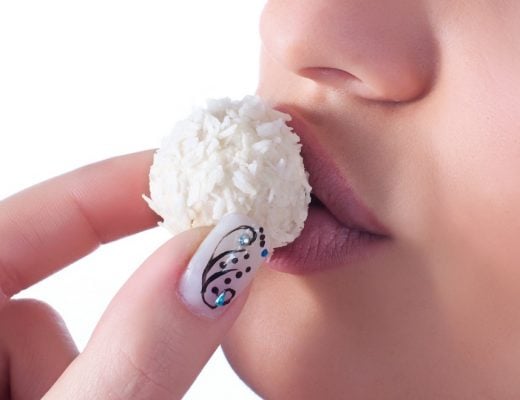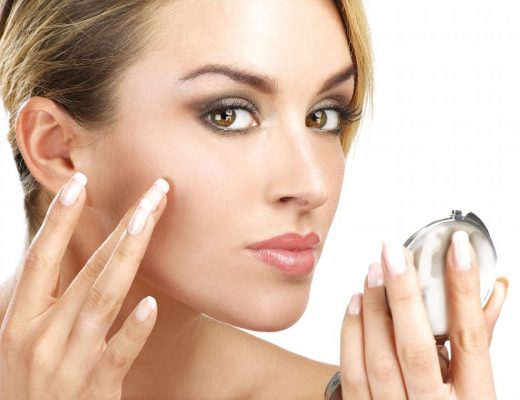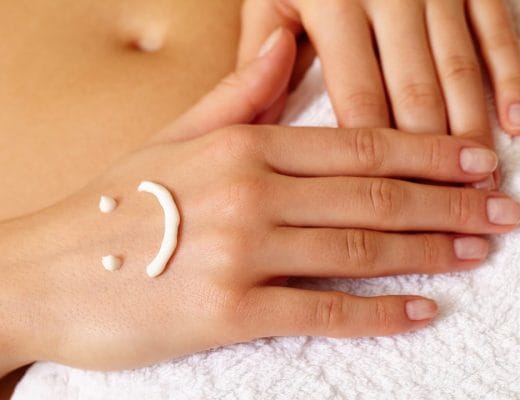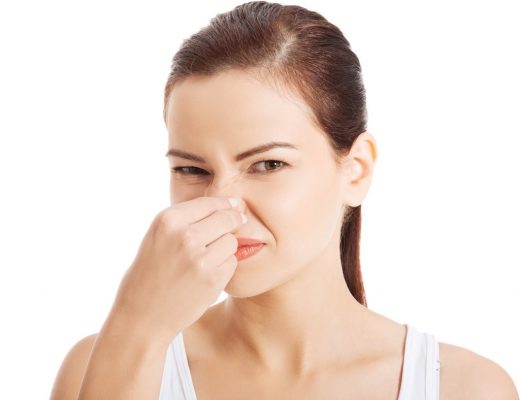Have you heard of the Hygiene Hypothesis? Have you ever wondered if our overly clean lives are harming our health?
Our gut is home to trillions of microbes that make up what’s called the human microbiome.
Time for a confession.
I’ve been called a ‘clean freak’.
I’m super organized, love a clean space, and can’t stand clutter.
Although I don’t carry hand sanitizer in my purse, I do like washing my hands and probably wash them way more than I need to.
Seeing this pic gave me heart palpitations.
To give you some perspective, just one teaspoon of soil has as many microbes as there are people on the planet. Wow!
But, the surprising truth is being overly clean may not be good for our microbiome. Introducing the Hygiene Hypothesis.
A child’s environment can be too clean. And a lack of exposure to germs is not good for a developing immune system.
Research tells us that by exposing ourselves to dirt, we may develop a healthier immune system, have better gut health, and be less likely to develop allergies.
Consider this.
A study published in the New England Journal of Medicine reported that children raised on farms are 30% – 50% less likely to develop childhood asthma.2
Perhaps getting dirty isn’t such a bad thing.
If we take a closer look at our urban lifestyle, it’s easy to see how deprived we are of microbes. The Hygiene Hypothesis makes sense.
We spend most of the day indoors.
We disinfect everything.
And we are exposed to hundreds of synthetic chemicals in our personal care products.
In any given day, if you’re not using natural body care products (e.g. shampoo, body wash, shaving cream, moisturizer etc…) you’re likely applying hundreds of chemicals to your skin.
This hurts our microbiome.
Not to mention all the other ways we destroy our good bugs (e.g. poor diet and antibiotics).
Scary, isn’t it?
Aspects of our modern day lifestyle affect our ‘protective’ bacteria – both on the skin and in the digestive tract.
With the rise of allergies and chronic disease, perhaps it’s time we stop running from bacteria and start embracing these little bugs.
My advice?
Spend more time outdoors.
Walk barefoot in nature.
And stop harming your microbiome by being overly clean.
Lastly, when it comes to your kids (if you have any) – please let them get dirty for the health of their microbiome.
“Parents today are keeping their children away from the things that are critical to their health,” says Dr. Shetreat-Klein, a pediatric neurologist and mother of three from New York. “We are sanitizing their lives with cleaning products, pesticides and antibiotics.”3
So there you have it.
Dirt is good for your microbiome.
It plays a role in immune health, digestive health, and much more.
Although you probably won’t be rolling in the mud at a music festival anytime soon, perhaps this article has got you thinking about microbes in a new way.
References:
- https://www.ncbi.nlm.nih.gov/pmc/articles/PMC1448690/
- Ege, Marcus, et al (2011). “Exposure to Environmental Microorganisms and Childhood Asthma.” New England Journal of Medicine. Vol 364. 701-709.
- http://www.telegraph.co.uk/good-news/2016/06/11/our-obsession-with-hygiene-is-jeopardising-our-childrens-haelth/







No Comments